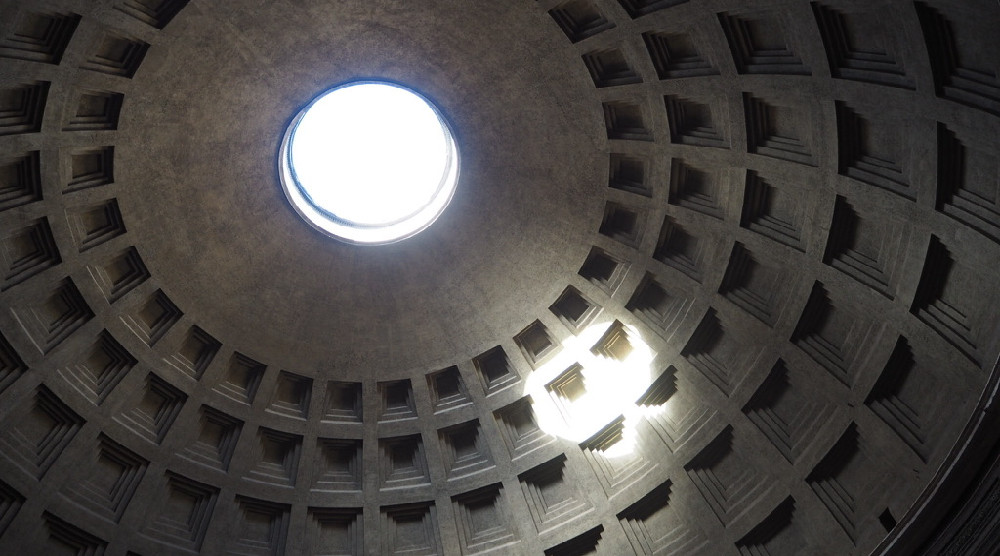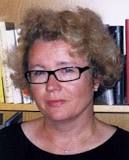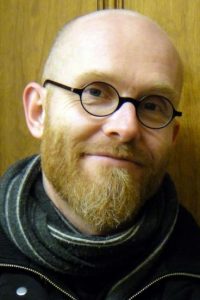Prof. Catharina Raudvere
Catharina Raudvere is professor of history of religions at the Department of Cross-Cultural and Regional Studies at the University of Copenhagen. Her research interests include contemporary Islam and Muslim women’s rituals with a special focus on Turkey and the Balkans.
She has published the monograph The Book and the Roses. Sufi Women, Visibility, and Zikir in Contemporary Istanbul, (2003) and Islam. An Introduction (2015), and edited the volumes such as Sufism Today. Heritage and Tradition in the Global Community, 2009; Rethinking the Space for Religion. New Actors in Central and Southeast Europe on Religion, Authenticity and Belonging (2012), Contested Memories and the Demands of the Past. History Cultures in the Modern Muslim World (2016) and Nostalgia – Loss and Creativity. Political and Cultural Representations of the Past in South-East Europe (2018). In 2016 she made a film documentary with Zilka Spahić-Šiljak, Bosnian Muslim Women’s Rituals. Bulas Singing, Reciting and Teaching in Sarajevo.
She is currently directing the interdisciplinary research centre “The Many Roads in Modernity. The Transformation of South-East Europe and the Ottoman Heritage from 1870 to the Twenty-first Century” (modernity.ku.dk).
Keynote lecture (Tuesday June 8, at 11:00–12:30 EEST):
Memory and Interpretation. The Study of Religion and the Analysis of the Past in the Present
The past in the present is a theme that runs through the lives of religious communities in history as well as in contemporary times. Issues of authenticity, legitimacy and authority are present in all kinds of sources for the study of religion and the analysis of such demands requires a keen eye on agency and interaction. Who is claiming to be a keeper and transmitter of tradition and by what means? Who is acknowledged to produce religious knowledge? Where and how can shifts in authority be recognized? And, importantly, does the study of religion petrify certain hierarchies of interpretation in its analyses or does it identify alternative voices?
The study of memory, remembrance and forgetting in the study of religion has to a large extent been focused on dominance, disciplining and inclusion/exclusion; this paper will present some cases – historical as well as contemporary – that shred light on the creative side of history making with a special emphasis on artistic expressions (verbal as well as visual), agents not always immediately visible and the process of identifying new interpretive arenas.
Prof. Anders Runesson
Dr Anders Runesson is Professor of New Testament at the University of Oslo, Norway. His research interests are located within what is traditionally divided into three disciplines: New Testament Studies, Hebrew Bible, and Jewish Studies. He focuses on the Jesus movement and the texts it produced, using a variety of methods and tools to find answers to socio-historical and theological questions. His other main topics of interest include Matthew’s Gospel; Paul; the historical Jesus; ancient synagogues; Jewish–Christian relations; Jewish, Christian, and Graeco-Roman ‘mission’. He also has an interest in translation, terminology, epistemology and methodology. He has published widely, his most recent book being titled Divine Wrath and Salvation in Matthew (Fortress, 2016).
Keynote lecture (Wednesday June 9, at 13:45–15:15 EEST):
The Puzzle and Politics of Historical Reconstruction: The Case of the Rise and Development of Christianity and Judaism
As with all historical reconstruction, the search for the origins of Christianity and Judaism begins in the only place we can inhabit: the here and now. From the start, our historical question is intertwined not only with a myriad contemporary concepts, ideas and embodied social practices, but also with political concerns as they relate to religious identities.
In this lecture, critiquing the terminology often used by scholars of Jewish and Christian origins we shall aim to move beyond theological constructs in an effort to untangle the historical from the normative. Focussing instead the institutional realities of the early followers of Jesus and other Jews and non-Jews, a new and different landscape will emerge, in which interactions and developments within and between groups are formed in ways quite unrelated to our modern assumptions about these two world religions. The results of this investigation open up for consideration of the role of historical claims as normative building-blocks in modern identity discourses, and suggests the importance of hermeneutical reflection as an integral part of all historical analysis.
Prof. Rebecca Catto
Dr Rebecca Catto is Assistant Professor in the Sociology department at Kent State University, Ohio, USA. Her research is qualitative in approach and framed by an overarching interest in religious-secular relations: how religious individuals and groups in Europe and North America and beyond engage across boundaries, with those of other faiths, no faith, and especially in the public realm. Catto has published widely on atheism, Christian mission, youth and religion, state-religion relations, and science and religion. She is currently Co-Principal Investigator of a large research project ‘Science and Religion: Exploring the Spectrum, Global Perspectives’ project funded by the Templeton Religion Trust.
Keynote lecture (Tuesday June 8, at 15:30–17:00 EEST):
Religion, Science, Belief, and Secularization
Is the secularization thesis still relevant? I address this question through the exploration of religion, non-religion, and science. The paper is rooted in qualitative sociology of religion but also takes into consideration history and sociology of science and non-religion and secularity studies. I use the case study of non-religious Britons and Canadians’ views on science and religion to draw out how there is a secular normativity associating science and modernity operating in these societies. Yet, these data do not confirm a crude secularization story. Simultaneously, there is debate about a “Crisis of Truth” and political and social polarization. Associated struggles for cultural authority caught up with ideology, belief, and racialized exclusions matter. Presently, a single grand narrative to explain such changes is absent in the sociology of religion. The secularization thesis is still relevant, but perhaps only as a foil for more contextualized understanding.



